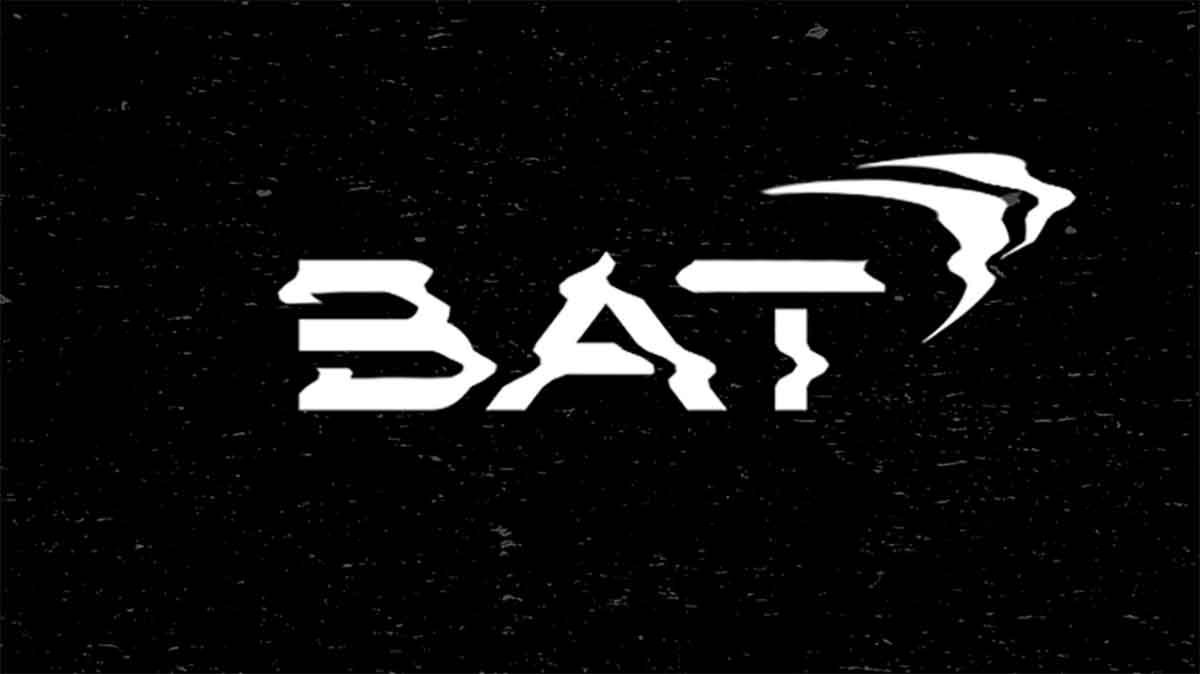- Resources
- News
-
-
Get Email Updates
Sign up for STOP's newsletter and never miss an update on our latest work and the tobacco industry's activity.
-
Get Funding
Ready to tackle industry interference? You could be eligible for a grant.
-
Share a Tip
Do you have information on tobacco industry misconduct in your country? Let us know.
-
Get Email Updates

Dear OECD Secretary General Angel Gurria:
We, the leadership of STOP, a global tobacco industry watchdog, write to express our grave concern that a Philip Morris International (PMI) executive is scheduled to speak in a session entitled “Responsible Lobbying: Aligning Profit for Public Good” at the OECD Anti-Corruption and Integrity Forum on March 21, 2019.
The OECD cannot effectively promote integrity, anti-corruption, and good governance with the tobacco industry at the table. We express the views of the global public health community when we say that, because of the tobacco industry’s sordid reputation, the association between a tobacco company and the OECD’s Integrity Forum casts a cloud of doubt on the integrity of the event itself.
Tobacco is a unique product in that it kills half of its consumers. It is the only consumer product that is subject of a global treaty, the WHO Framework Convention on Tobacco Control (FCTC), with over 180 Parties including all but one OECD member. The FCTC is now embedded in the UN Sustainable Development Goals, enshrining the tenet that good governance in public health involves treating tobacco companies differently from the rest of industry.
There is no such thing as “responsible lobbying” for the tobacco industry; its lobbying is equated with “tobacco industry interference” which remains the greatest challenge in tobacco control treaty implementation. In the words of a model policy endorsed for agencies of the United Nations through a UN ECOSOC Resolution: “Tobacco industry interference…includes maneuvering with lobbyists to influence law making…” Many countries including OECD states have developed practices and policies on how to deal with or restrict tobacco industry lobbying, and to reject partnerships and arrangements with the tobacco industry.
The WHO has also created clear rules against working with the tobacco industry. Backed by more than 200 organizations from 52 counties, the WHO governing body recently denounced the attempt of a PMI-funded foundation to be considered a partner in public health.
In the field of transparency and anti-corruption, tobacco companies have been subject of investigations relating to their undue influence of government officials to the detriment of public service. Philip Morris’ own internal documents show how it thrived in an environment that is non-transparent and corrupt, and reports have shown its complicity in smuggling. The latest evidence suggests this involvement is likely ongoing.
The attempt of the tobacco industry to align itself with OECD’s work on integrity and elsewhere will not be an isolated one as it has been known to “manipulate public opinion to gain the appearance of respectability” and advance its corporate affairs agenda to the detriment of governments trying to save lives from tobacco use and reach the SDGs.
OECD has an opportunity to demonstrate that its commitment to good governance is a commitment in action, not just in words. It also has an opportunity to stand in partnership with its member state governments, the WHO, and other members of the international community in rejecting the tobacco industry. It is in this light that we urge the OECD to act in a manner consistent with the institution’s longstanding principles to protect its credibility and integrity; not only at this event, but all future events of the OECD.
Nuntavarn Vichit-Vadakan
Chair of Global Center for Good Governance in Tobacco Control (GGTC), Thailand
Gan Quan
Director of Tobacco Control, The Union, France
Anna Gilmore
Professor of Public Health, University of Bath, United Kingdom
Sandra Mullin
Senior Vice President,
Policy, Advocacy and Communication, Vital Strategies, United States


